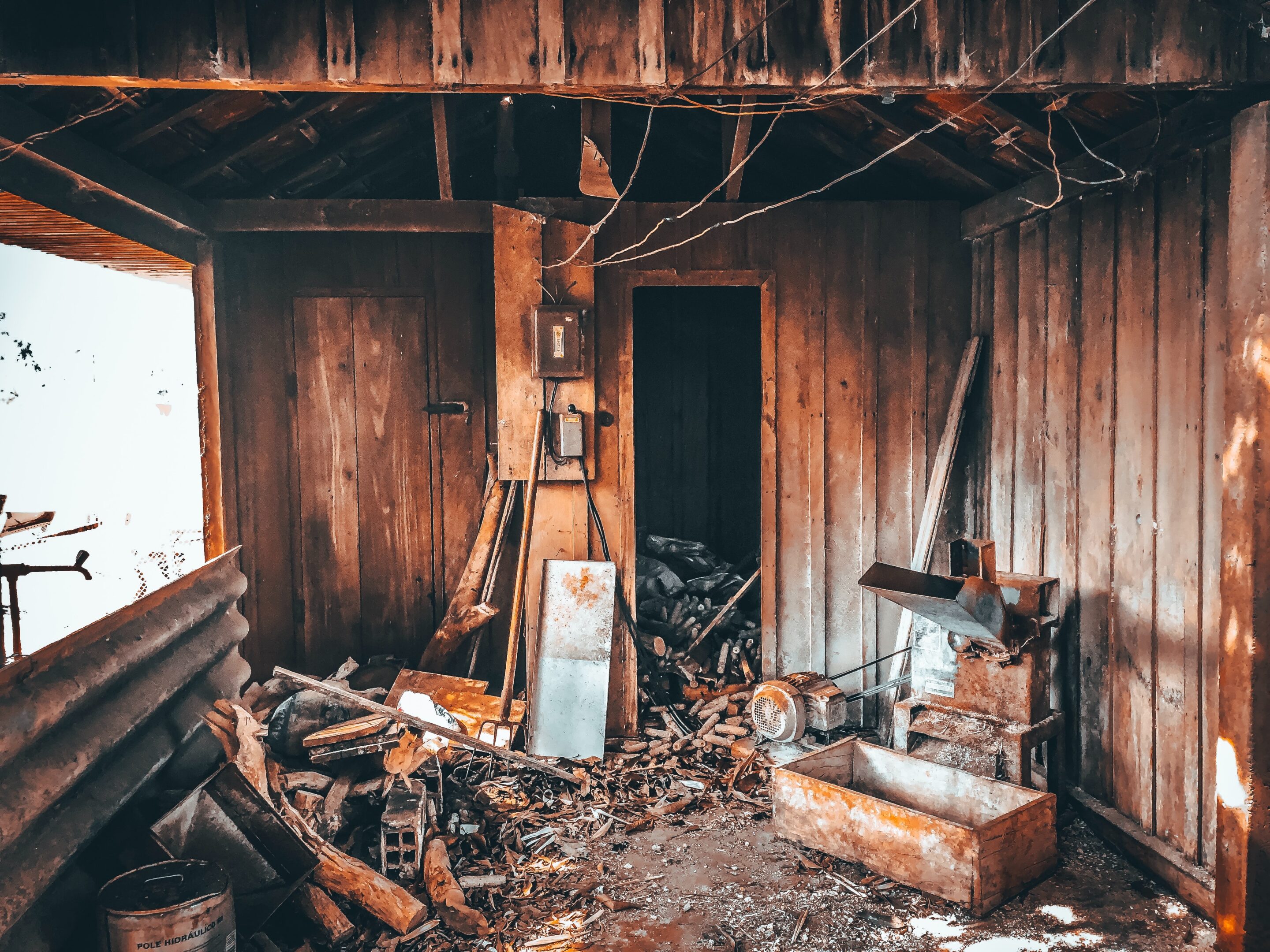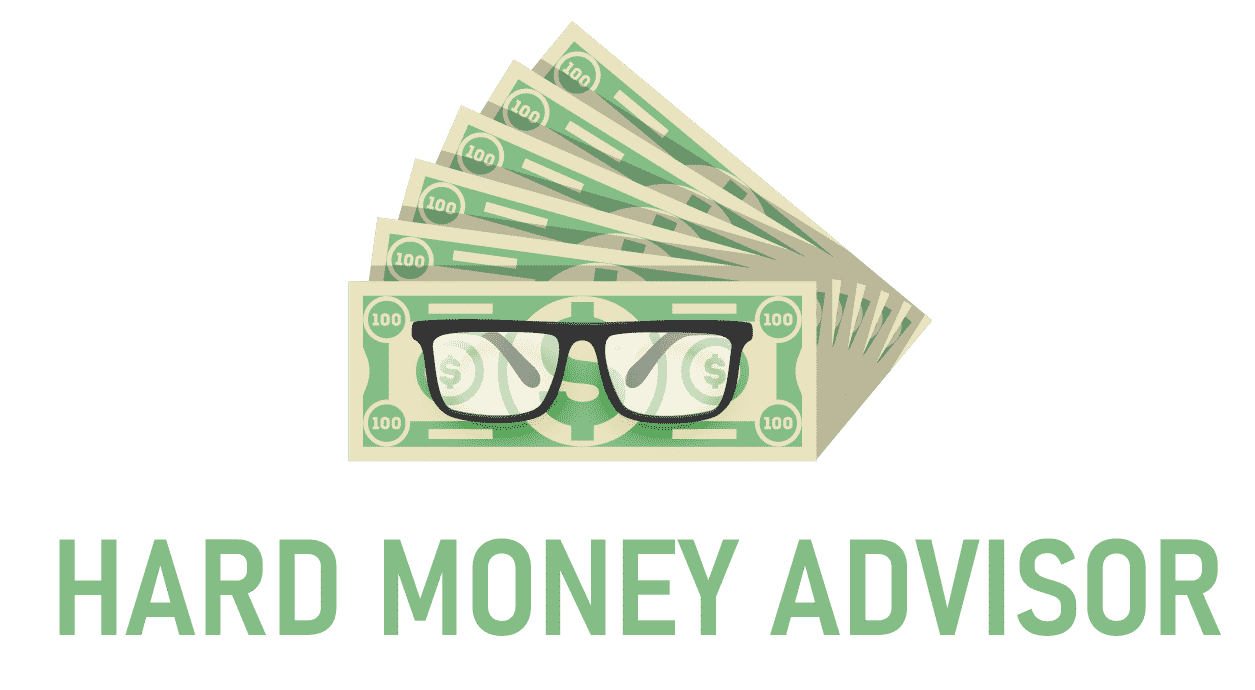What are Fix and Flip Loans?
Fix and Flip loans are loans made to real estate investors who are considering buying, rehabbing and then reselling properties for a profit. These loans are typically made on properties in poor condition, have been ignored or just need significant updating. Typically, these are short term loans, usually less than 12 months, for investors that fund a percentage of the purchase price and renovation costs. Lenders typically look for a purchase price and renovation cost under 75% of the total renovated value of the property. This is one of the most common types of hard money loans and is often by the vast majority of hard money lenders.

How Do Fix and Flip Loans Work?
Fix and flip loans are typically used by short-term real estate investors to purchase and renovate a property in poor condition. This type of funding for flipping houses offers investors fast closings for properties in any condition. A traditional lender usually won’t lend on these types of properties due to the poor condition. The most popular type of fix and flip loans are hard money loans.
How Do You Get a Fix and Flip loan?
Finding and securing fix and flip loans isn’t an overly difficult process. It all starts with finding a good deal. The process always starts with the deal because knowing your numbers is the MOST important part of this process. After you’ve secured a deal and analyzed the hell out of it, contact several different hard money lenders in your area and start getting some numbers. They’ll ask for details on your property – purchase price, after repair value (ARV), repair estimates. They’ll also ask for other things like your experience and identification. Be sure to compare numbers like origination fees, interest rates, other loan fees, document fees, etc. They may call them different things but be sure to add them all to a spreadsheet and look at the total cost of each loan.
You can browse our collection of the best hard money lenders in every state to find a reliable fix and flip lender near you.
What is the 70% rule in house flipping?
The 70% rule is a general rule of thumb used by investors to determine how much they can spend on a property. The rule states that an investor should spend no more than 70% of a property’s After Repair Value (ARV) on a property. This includes the price you pay for the property itself as well as any other costs for the property. This is a good rule of thumb but is often misused by investors. There are MANY costs associated with buying a property that need to be accounted for IN ADDITION TO purchase price and repairs.
Here are a brief list of some of the costs you should consider when using the 70% rule:
- Purchase price
- Repair costs
- Closing costs (sell side for sure. Oftentimes, flippers pay the closing costs when buying as well)
- Holding costs (interest payments, utilities, taxes, etc)
- Insurance
- Realtor fees on the buy side AND sell side
How much do you have to put down to flip a house?
The downpayment will vary by lender based on their required Loan to value (LTV). Typically, hard money lenders will require LTVs in the 70-80% range. This means you need to put down AT MINIMUM 20-30%. Keep in mind, you also need to account for repair costs. Many lenders will loan your rehab costs as well, so be sure to check with your lender.
Do I have to pay taxes if I flip a house?
In most cases, yes you do. Typically, house flipping is not considered to be passive investing by the IRS. This means that you will need to pay normal income taxes on the net profits within the financial year. These taxes commonly include federal income tax, state income tax, and taxes for self-employment. It’s very important to keep track of ALL expenses to ensure you aren’t overpaying in taxes.
Are Fix and Flip loans for beginners?
Fix and flips loans can definitely be a great option for beginners or experienced real estate investors. Typically, hard money lenders will offer better terms for more experienced flippers, but you can’t get experience if you don’t start! We would recommend trying to find another source of private money if possible, like a family a member or other private investor. The reason is simply because you can likely get much better terms from these sources. After y ou’ve completed a deal or two, you can then move to hard money loans with slightly better terms.
With that said, we would never pass up on a good deal just because it’s your first hard money loan. The experience you’ll gain from your first deal is just as valuable as the profit.
